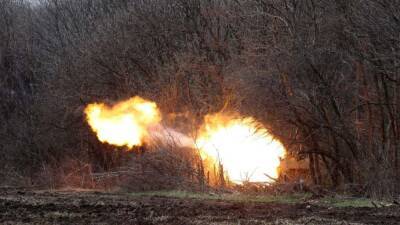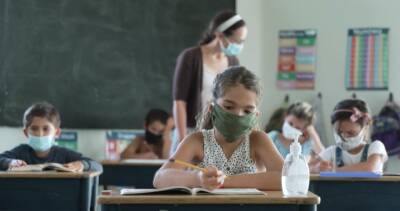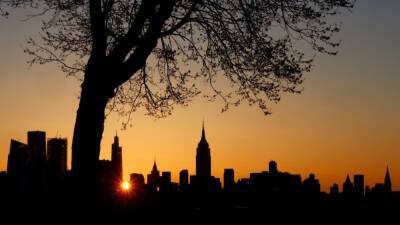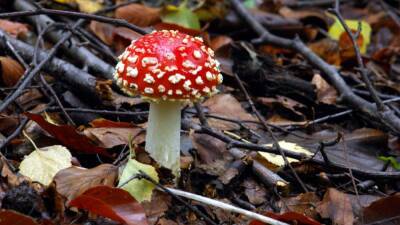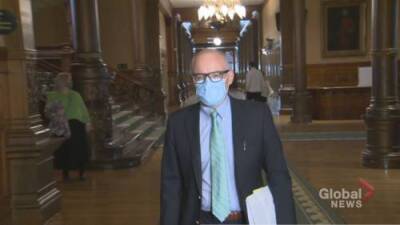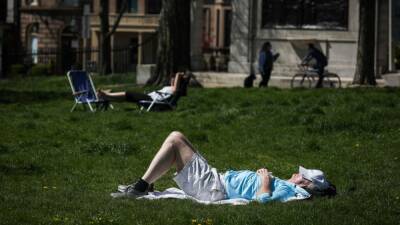Climate change is worsening allergy season, scientists find
allergies are driven by the pollen in the air.But, according to scientists, the warming of the plant is making winter shorter, causing plants, including trees, grass and flowers, to bloom earlier and for longer periods of time — contributing to a worsening allergy season for millions of Americans.
California poppies and Canterbury bells bloom at Diamond Valley Lake, near Hemet, California. (Credit: David McNew/Getty Images) In addition, climatologists say excess carbon dioxide generated from burning fossil fuels is helping make even more pollen, thus adding to the problem. "Pollen seasons have, are now starting about 20 days earlier, and there’s about 20 percent more pollen in the air," said William Anderegg, a biologist and climate scientist at the University of Utah.
And, while Sunday marks the official first day of spring, many people in the U.S. are already suffering before the season has even sprung — and climatologists at the University of Michigan say allergy season will only get worse.
Using pollen samples from 15 different plants and computer simulation, the researchers calculated that by the year 2100, pollen levels are expected to triple.Allergy season is now expected to start as early as Valentine’s Day each year for portions of the country, with the Southeast and Pacific Northwest getting hit the hardest.If you’re one of the Americans turning to allergy medications, you’re not alone.
Read more on fox29.com

